
Russtum G. Pelima
MAITUM, Sarangani (March 14, 2008) – The place was once a battleground deserted by Tboli villagers, their displaced families settling elsewhere in the lowlands driven by armed conflicts in the 70s.
But barangay Upo has not withered hope.
After a long time, the Tbolis decided to resettle, protect their forest, save their future and tradition, built their own business.
What they're sowing for nature has been bringing good fortune to barangay Upo's doorsteps.
The Lamlunay Research and Learning Center (LRLC) built at the foot of a forest gained recognition as one of the 19 finalists at the national Gawad Galing Pook last year.
In March 11, a team from United Nations World Food Program (WFP) conducted a project visit in Lamlunay for the Ylang-ylang and banana food-for-work program.
The Upo Valley Multi-purpose Cooperative (UVAMULCO) takes care of the community farmers' businesses. Started to operate in 2000 and now with 300 farmer members, UVAMULCO buys abaca, banana, coffee and corn from the farmers. It has enabled them easy market. This small barangay can produce 30 tons of bananas in a week.
LRLC now nurses 15,000 hills of rubber trees for free distribution to the farmers.
The center sits on land donated by the Kusin family to the barangay. It intends to showcase how its 97-hectare forest must be protected through reforestation.
Lamlunay is a coined Tboli term which means paradise-lam (into) and lunay (a tree), thus, "into the forest."
Among the indigenous peoples like the Tbolis, forest is a paradise, with all its natural beauty, serenity, and bounty.
At the heart of Lamlunay's mountain is a waterfalls. Basilio Kusin recounted to me how it got its name.
Once, a Tboli named Lumabag lived here. Being alone, he fed from fruit trees and hunting wild animals in the forest. Trying to catch a frog one day, Lumabag fell into the wild water and died there. From then on, the people called the waterfalls Ficong Lumabag (Lumabag Falls).
Just before lunch, young Tboli girls in colorful tribal dress performed a Tboli traditional dance.
Basilio and I seated under the canopies so he could continue telling me his stories-the origin of a nearby brook called Banlagil, and how the lunay tree in the midst of the forest has provided light to the village people-while playing the duwagay, a Tboli violin.
"You know," he whispered as he noticed my attention was caught by his instrument. "A Tboli plays the duwagay to court a girl. Soon, the girl would come out and flee from her mother's house to look where the tune comes from." (SARANGANI INFORMATION OFFICE/RGP)




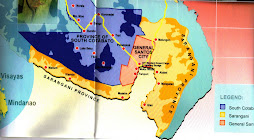

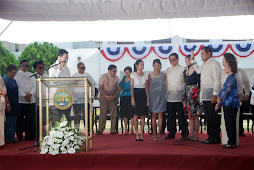
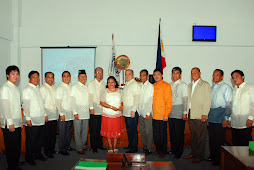

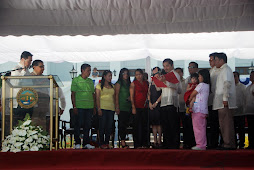
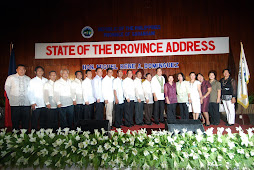
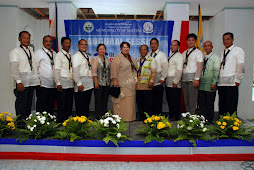




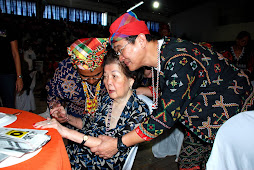


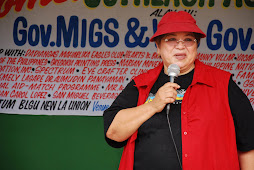
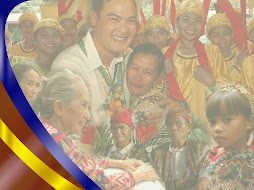

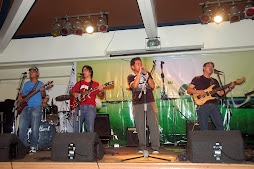









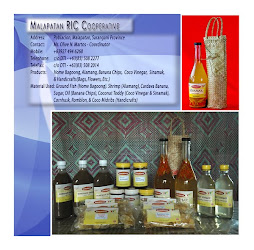

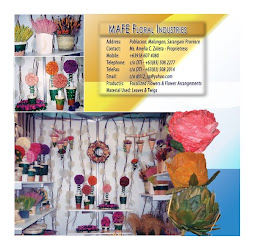


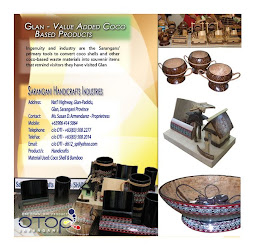

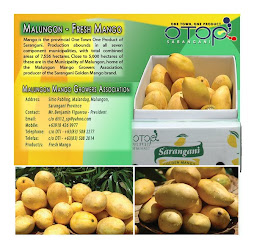







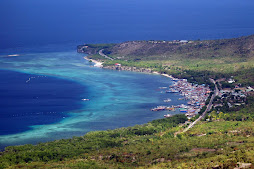

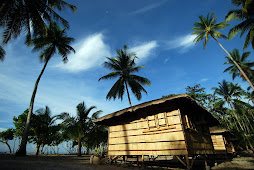


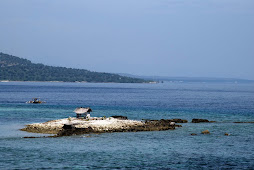
No comments:
Post a Comment